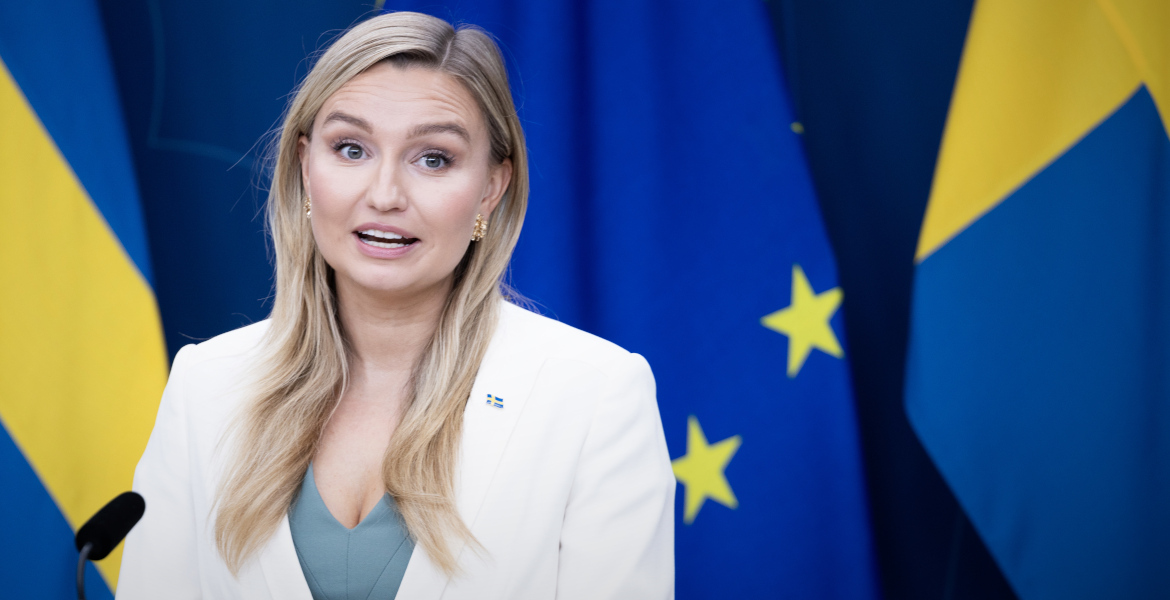Last year, the limit for when the Swedish Armed Forces need government approval for purchases and other military equipment was raised from SEK 200 to 700 million (€18 to €60 million).
Now they want even more freedom and want to be able to make more expensive purchases than that without government approval.
“The Swedish Armed Forces see a need to speed up the handling of certain investments compared to today in order to further promote rapid capability growth”, it says in the budget document for 2026-2028 submitted to the government.
Among other things, the Swedish military leadership wants a mandate to purchase unlimited amounts of “bulk material” – such as ammunition, standard vehicles and personal equipment – without politicians being able to say no.
Similarly, it wants to be able to freely replace weapons and equipment donated to Ukraine during the current war.
As for “major acquisitions” of, for example, tanks, air defense systems, combat boats or radar systems, the government wants to continue to be able to buy these without political interference as long as the cost is less than SEK 700 million (€60 million).
Purchases of fighter aircraft, ship systems “or equivalent” must first be approved by the government regardless of the amount, just as before.
Substantial increase in the defense budget
“The starting point for current governance is that the government makes decisions on individual materiel items once a year. In recent years, however, decisions on itemizations have been made on an ongoing basis as a result of changes in the international situation, decisions on support for Ukraine and decisions on increased ambitions. The Armed Forces assess that the need for ongoing decisions will remain for the foreseeable future and propose that this should instead be the starting point for governance”, they write.
The government has previously announced that it is “implementing the strongest reinforcement of total defense since the Cold War” and that the defense budget will grow to at least SEK 185 billion (€17 billion) by 2028 – 2.6% of GDP.
Analysts say the real increase is expected to be much higher than that and that it is likely that NATO member states will need to spend at least 3.5% of GDP on their defense in the future – which for Sweden would mean an additional €5,5-6.5 billion annually, on top of the sums already proposed.








